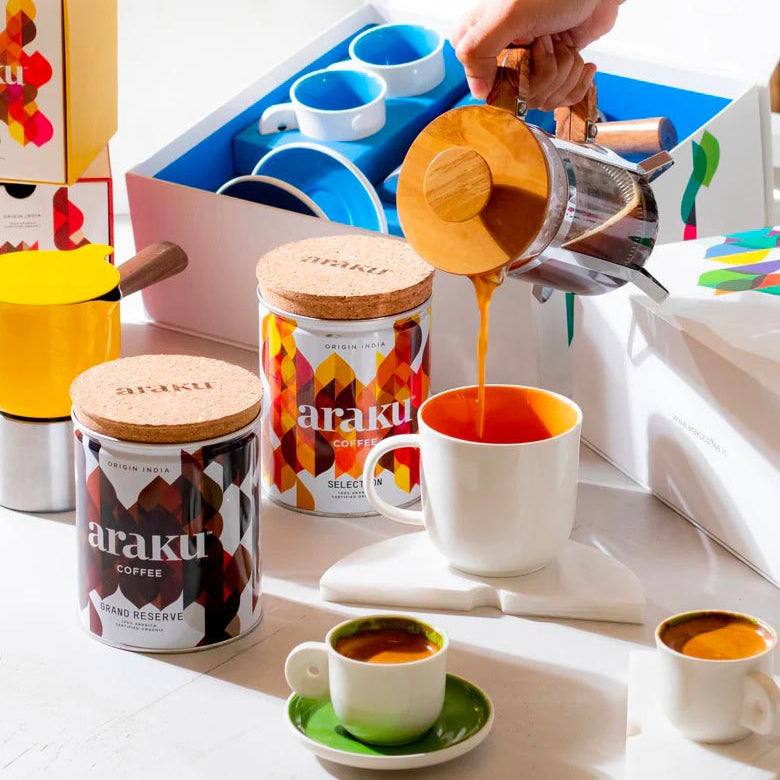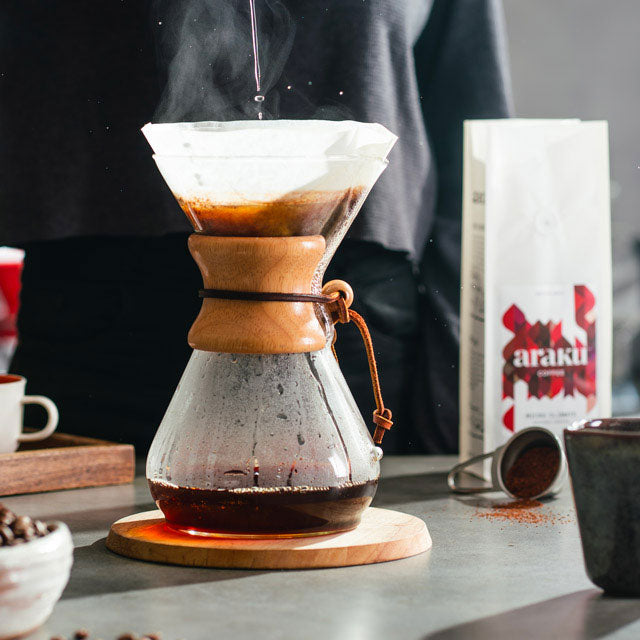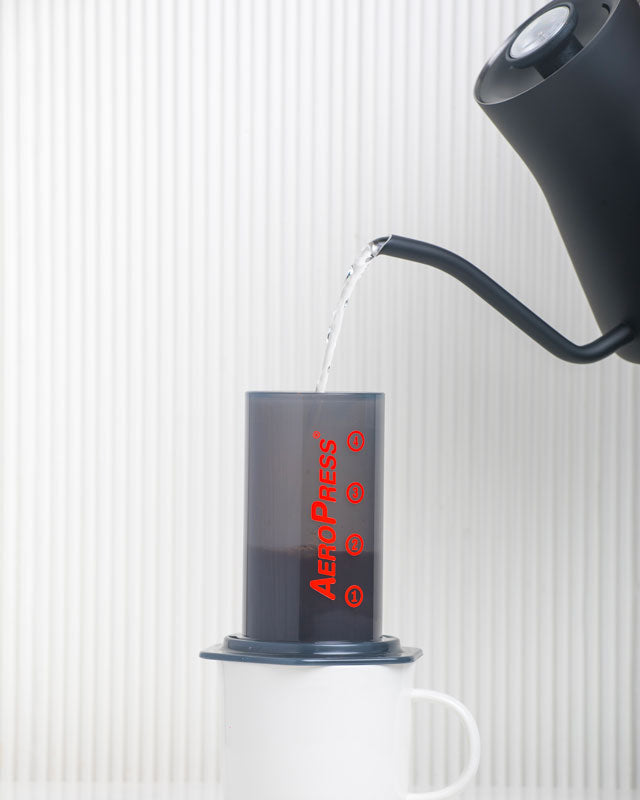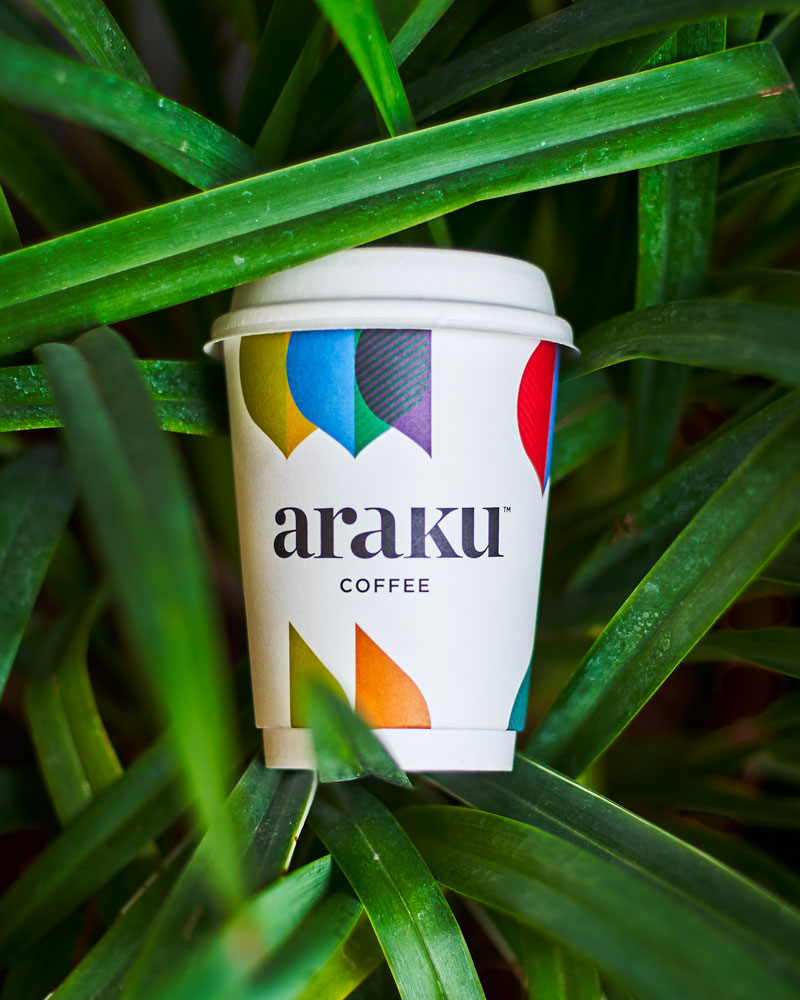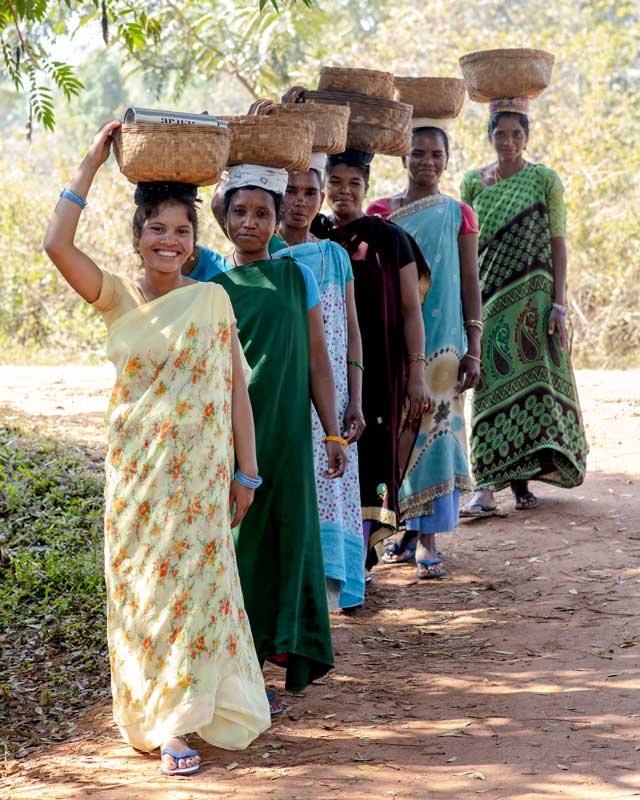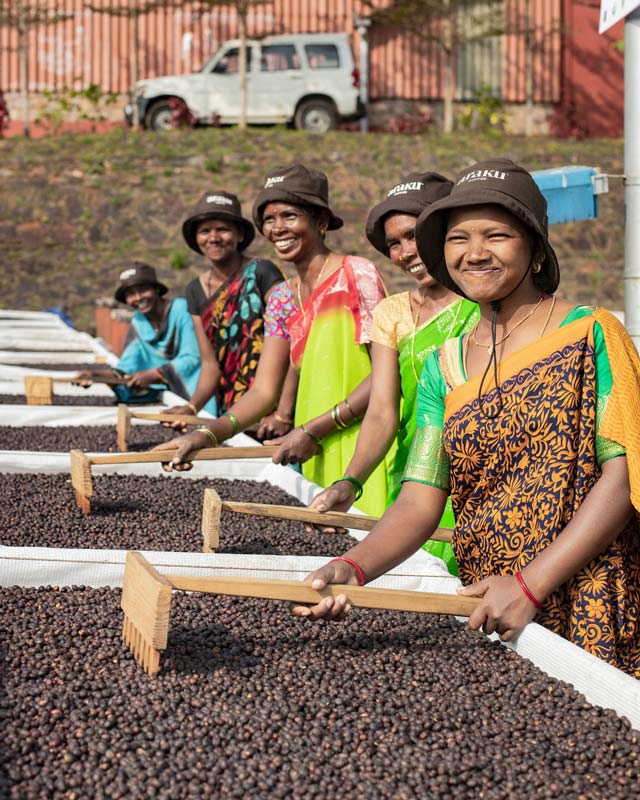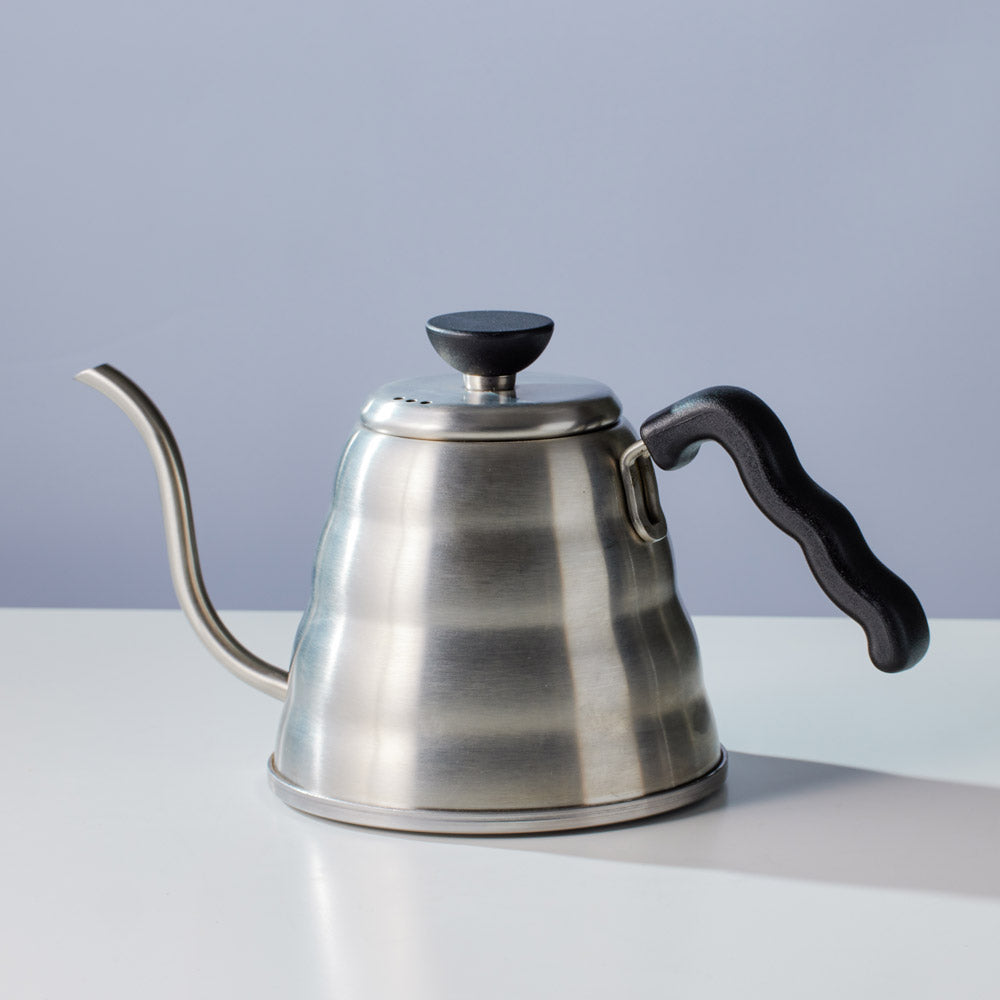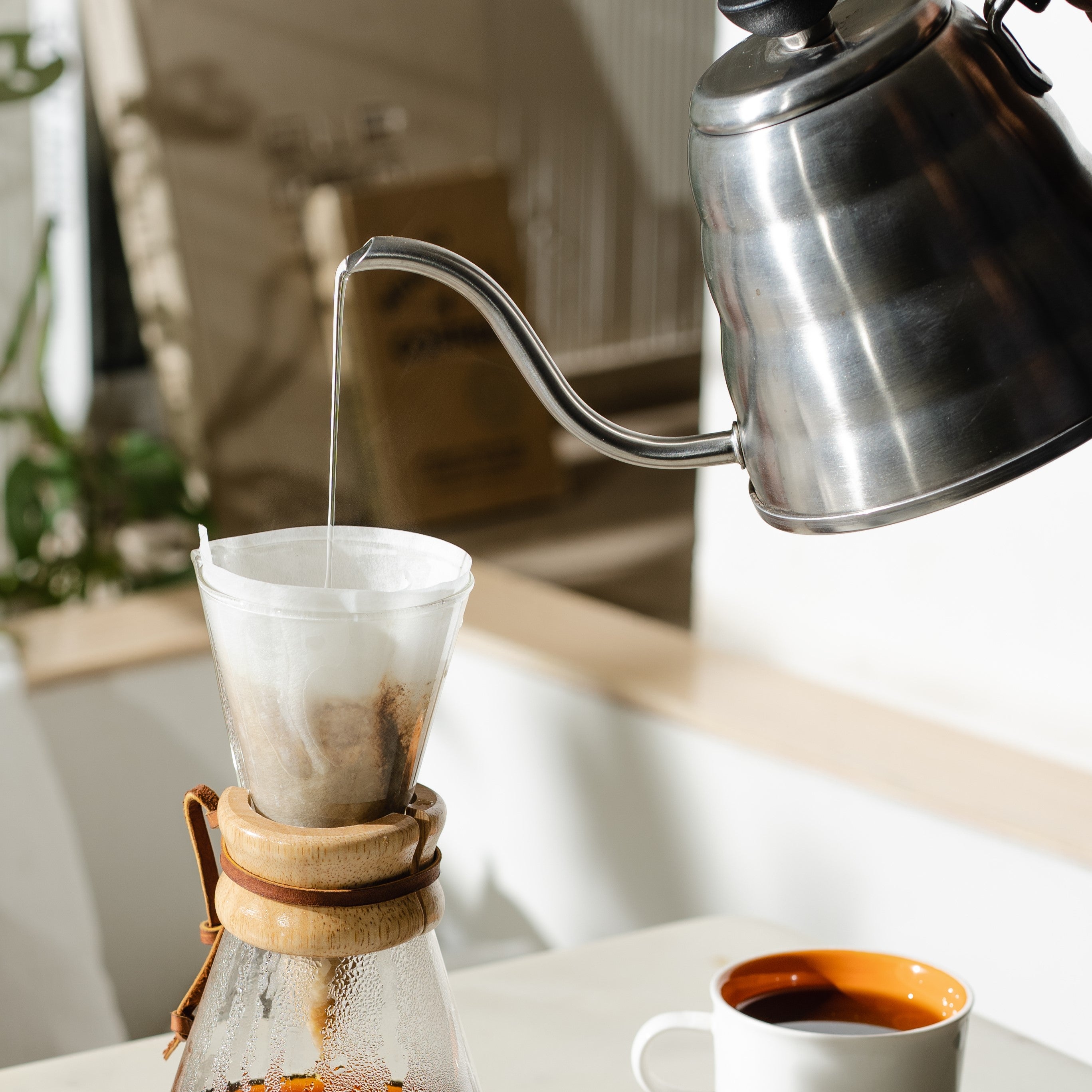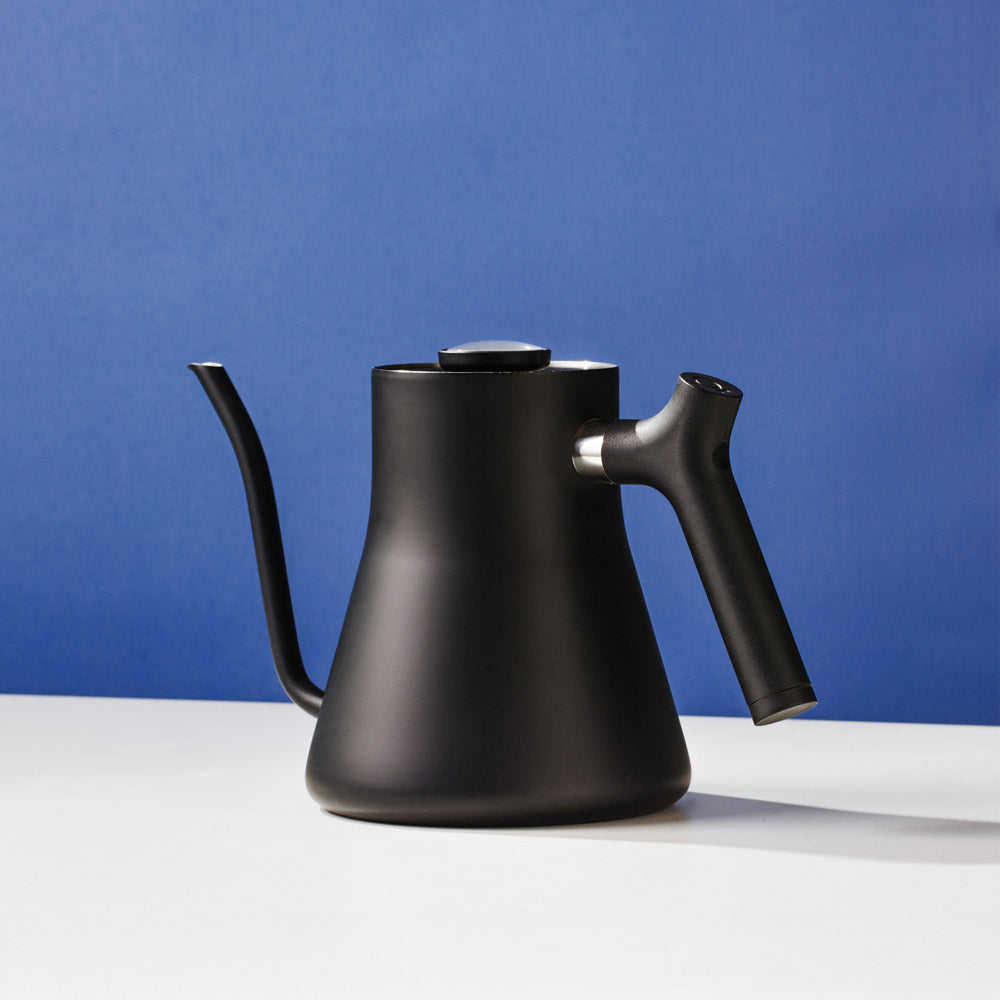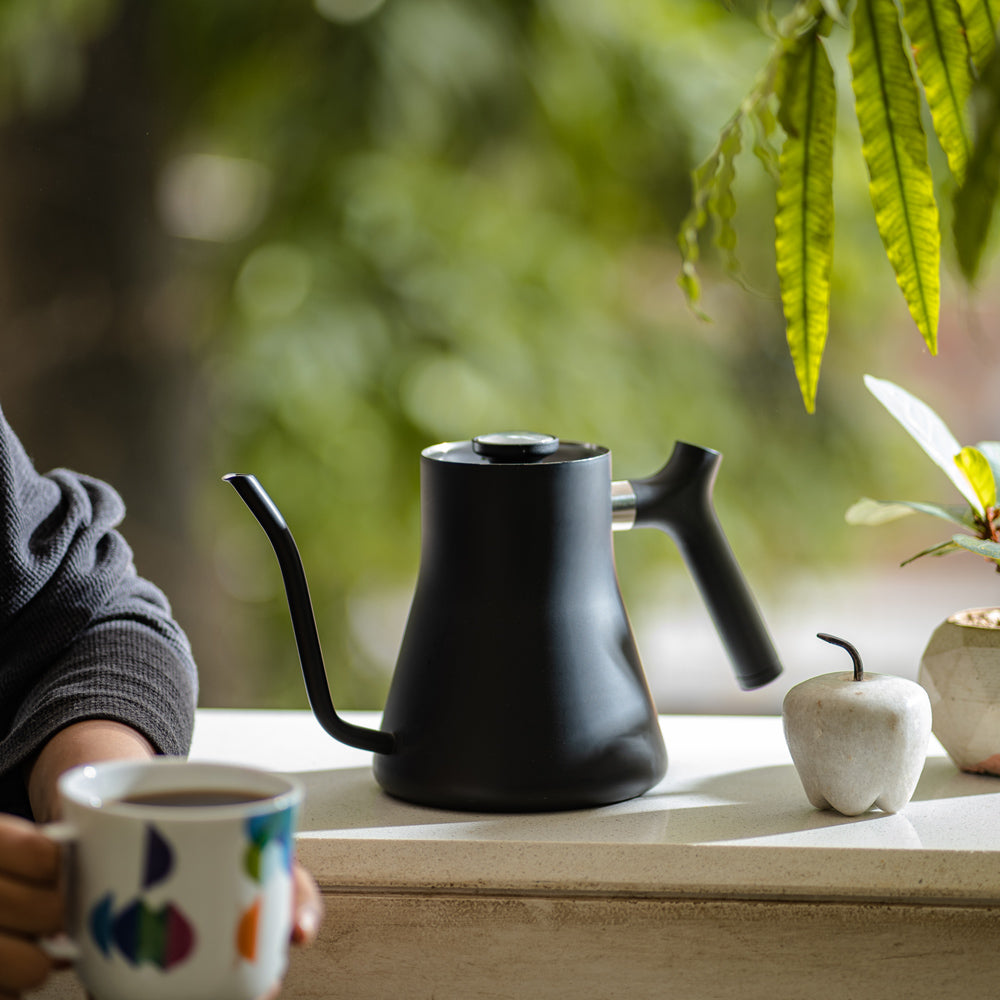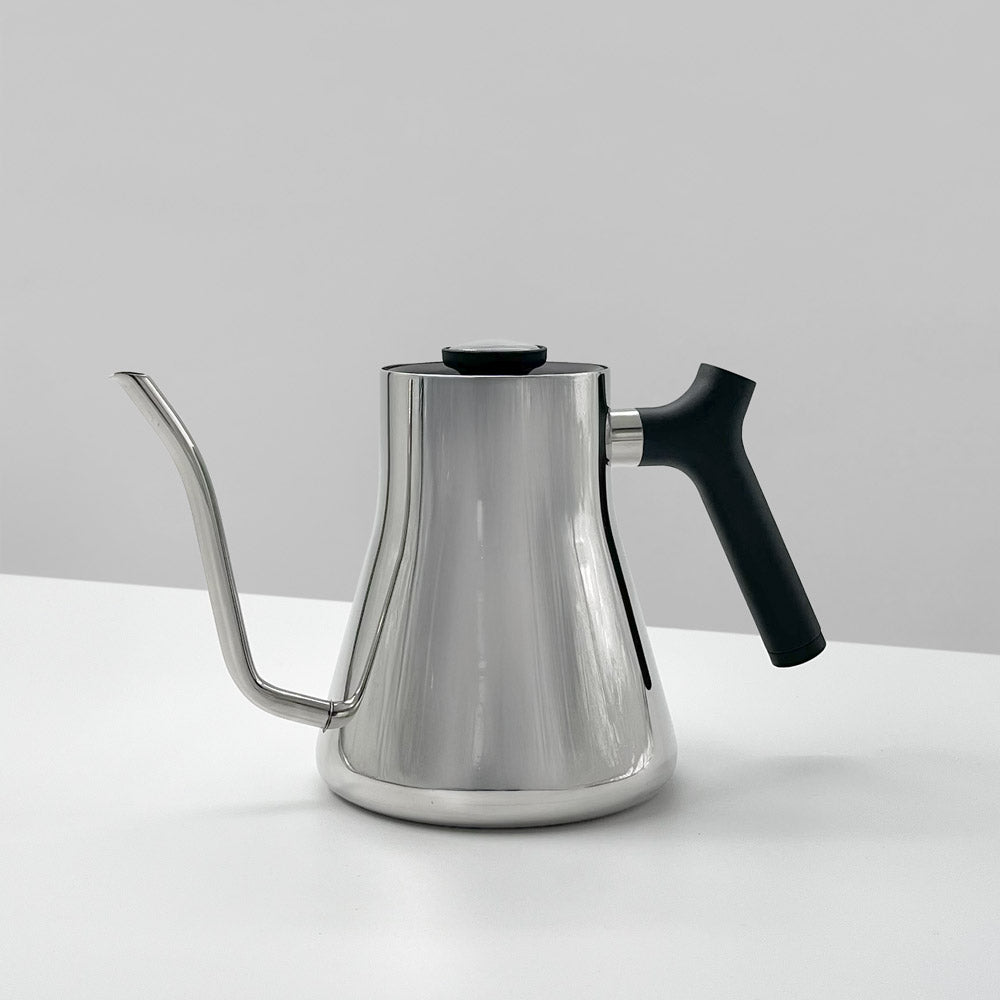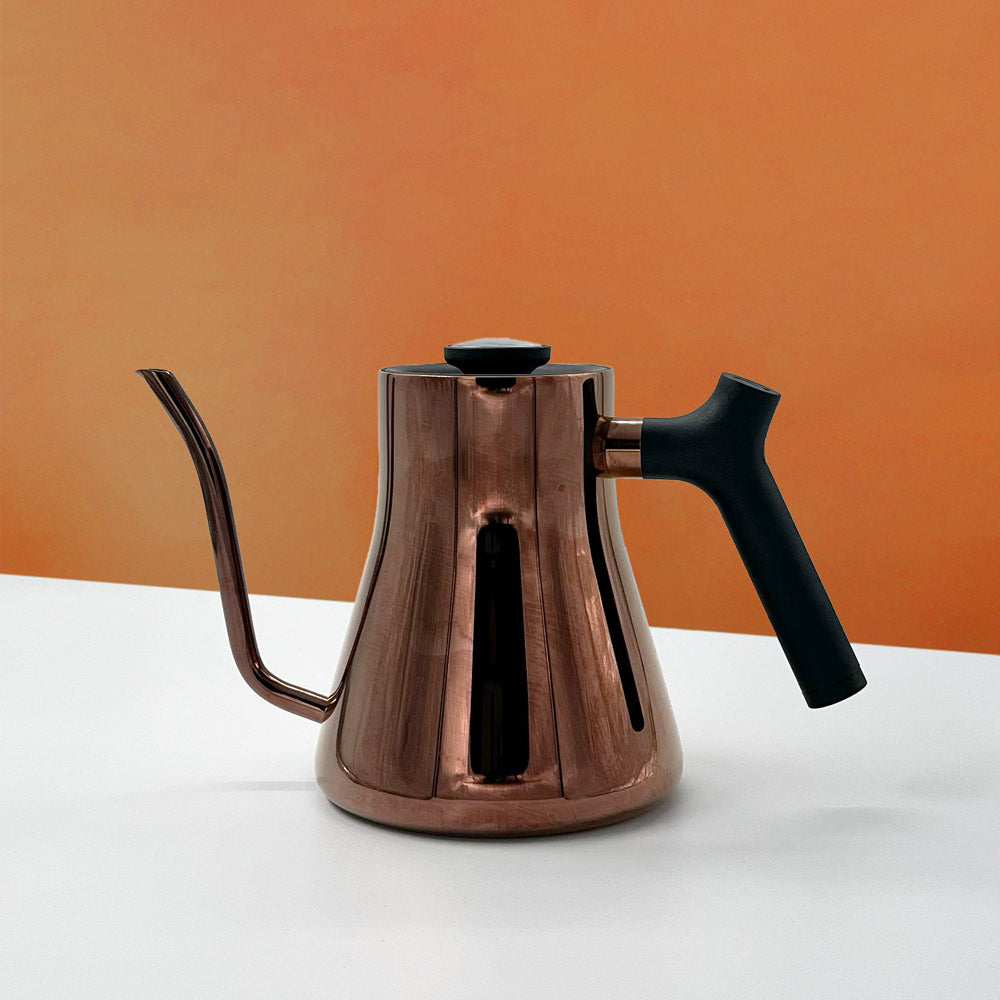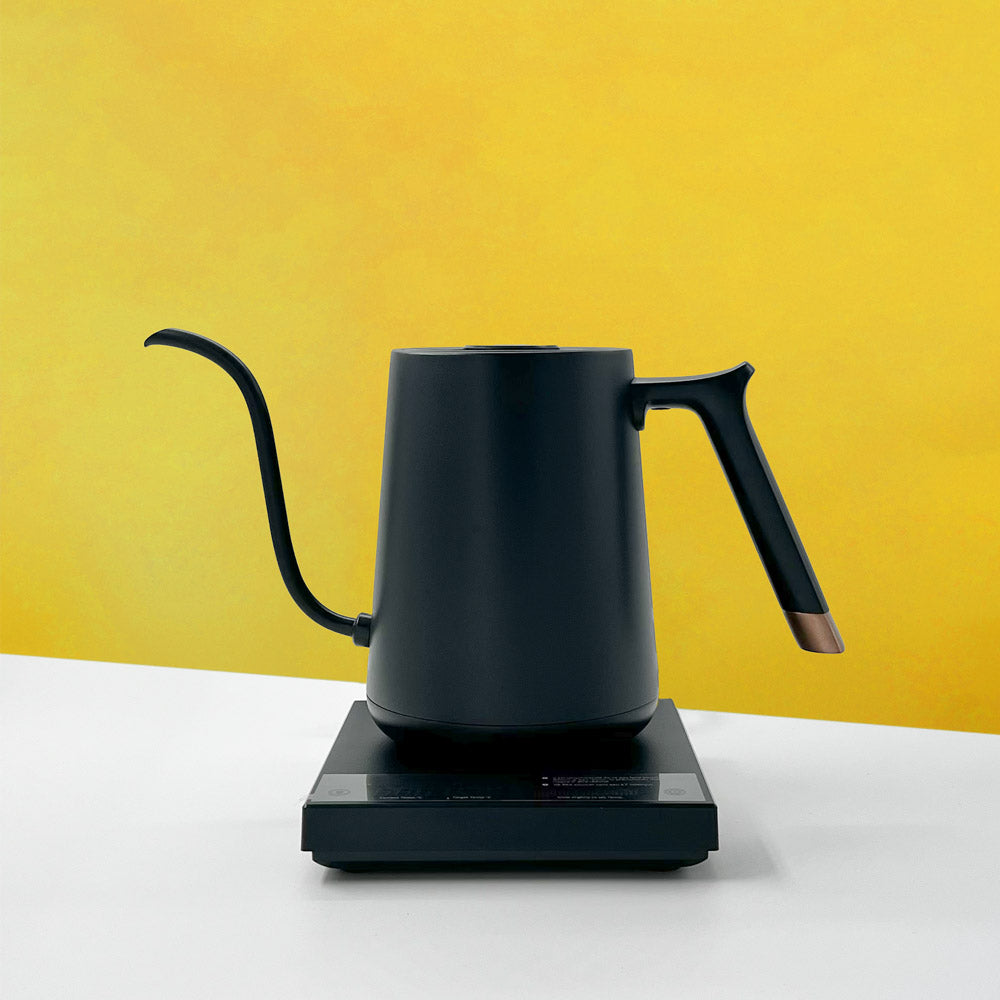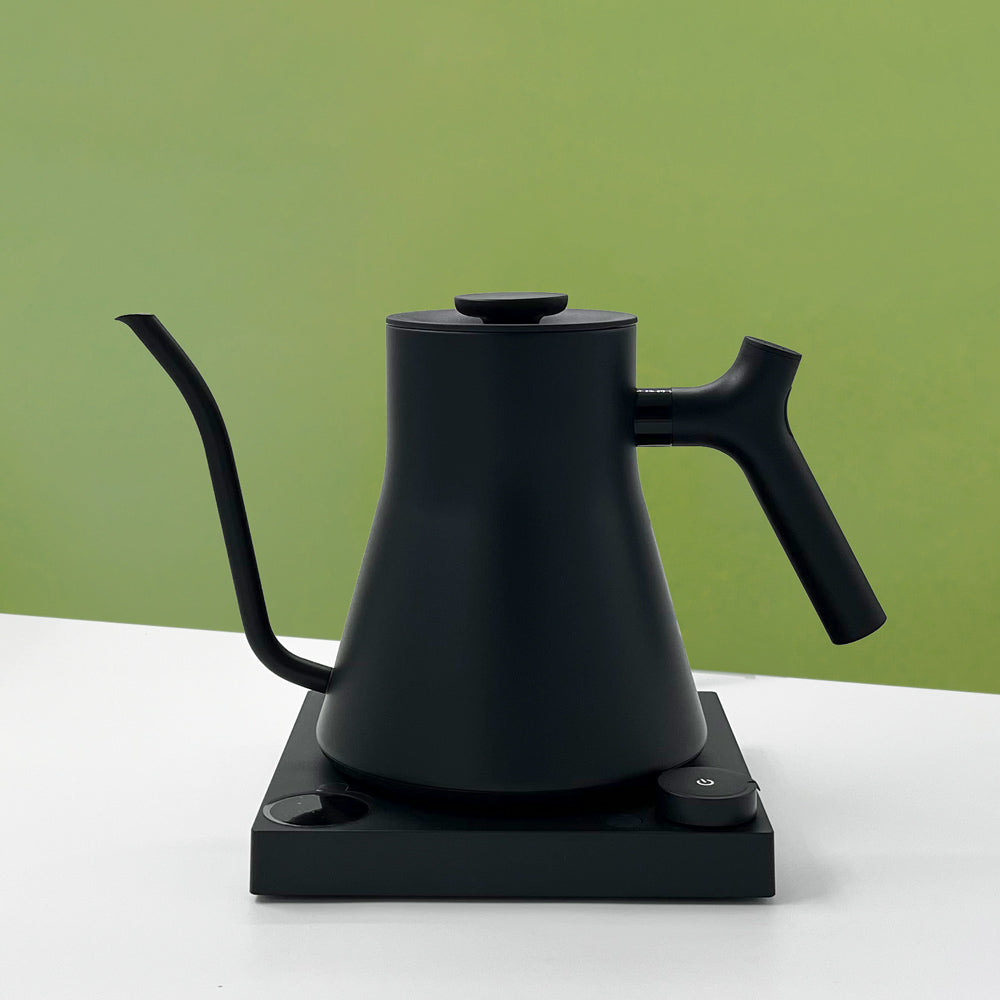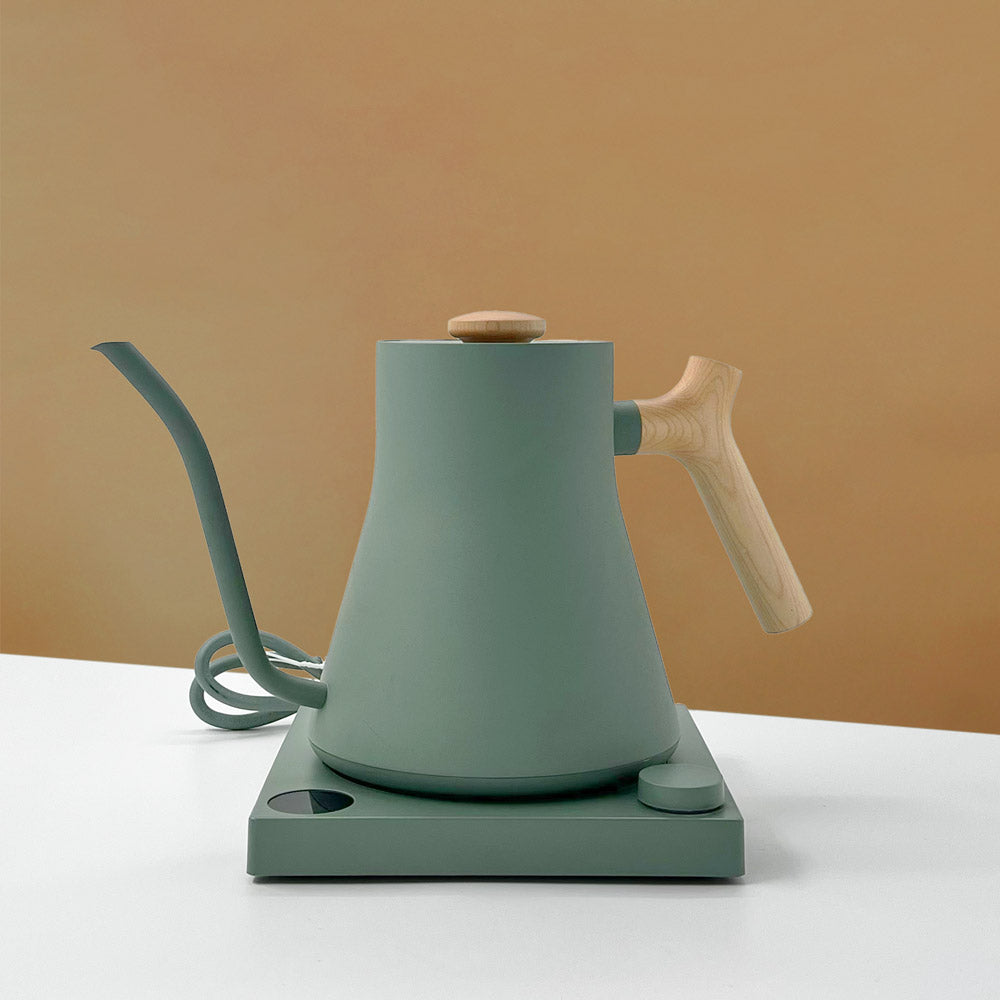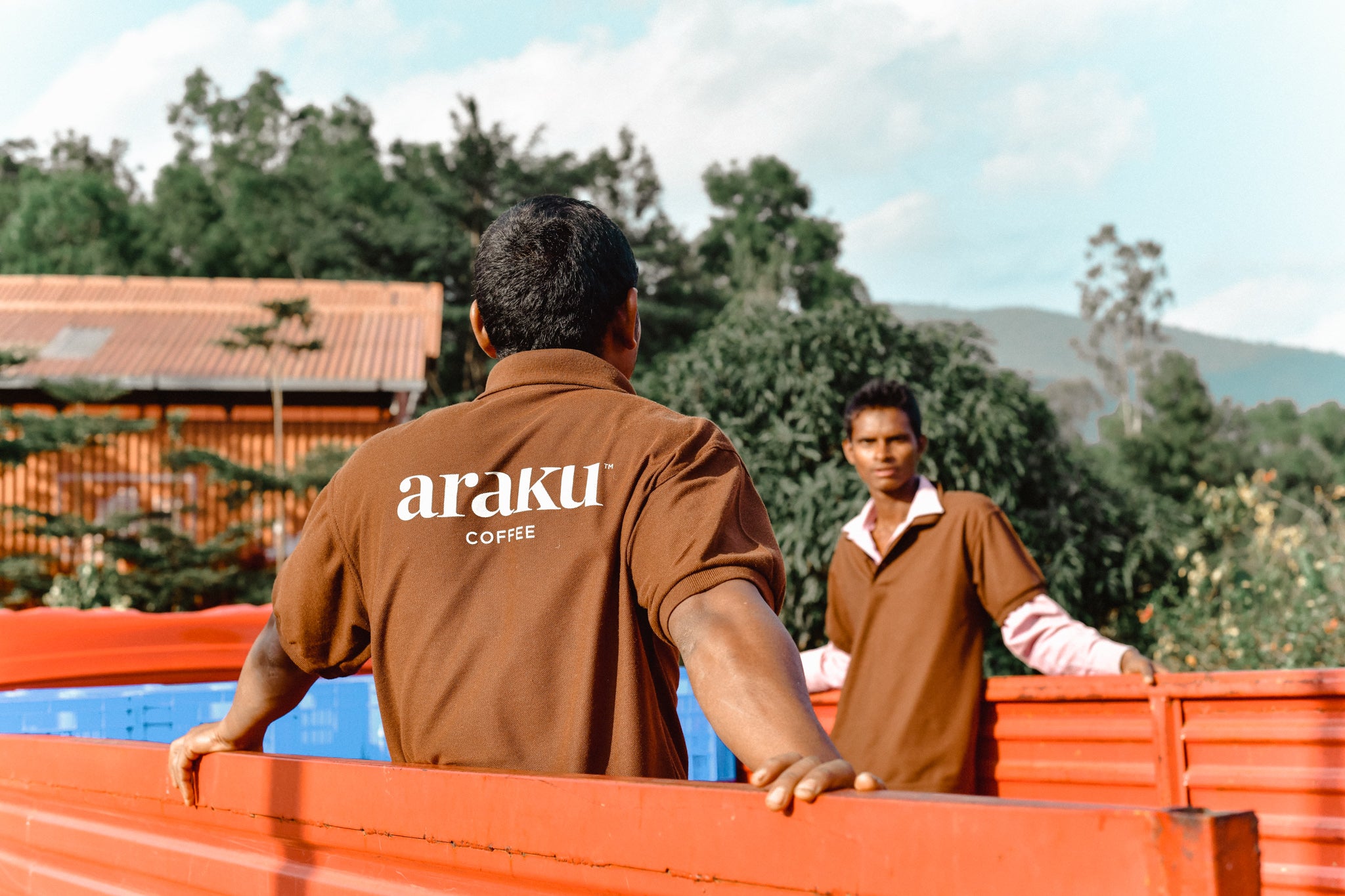WHY IS THE CHOICE OF WATER FOR COFFEE IMPORTANT?
Do you know the percentage of water in a cup of coffee? About 98%! You now understand better why the choice of water for coffee is crucial. You may think that water is colorless and tasteless. However, its chemical composition can vary drastically, depending on its origin. Indeed, some waters contain more minerals, limestone and calcium than others. Brewing coffeew with a water with high mineral concentration may create undesirable flavors and aromas. This is because certain compounds can interfere with the coffee extraction process. For example, water with a high calcium content will not allow you to experinece the real acidity of your coffee. Using mineral or filtered water compared to tap water will completely transform the taste of your coffee. There is similar variance in taste depending on the bottled water you use, due to their different compositions. So, which water should you choose to prepare your Araku specialty coffee ?
OUR ADVICE FOR YOUR COFFEE WATER
The first thing to know when choosing your coffee water is that the mineral content must be as low as possible. This allows you to extarct mor aromas. As you might expect, your water should contain as little limescale as possible. In addition to scaling up your machine, it will negatively alter the taste of your coffee. It is also preferable for the calcium content to be as low as possible. But how can one achieve this? Contrary to popular belief, you should absolutely not boil water before using it for coffee. This would only increase the concentration of unwanted compounds. The easiest way is to use a quality water filter . The latter will reduce the percentage of calcium, chlorine, but also various metals that may be present in the pipes (notably lead). If you use bottled water, make sure it has a low mineral concentration. A brand that is often recommended for preparing coffee in France is Volvic. Follow these tips to experinece your Araku coffee to its fullest extent .
If you have you used tap water in your machine so far and would like to descale it, you will find our advice here.

